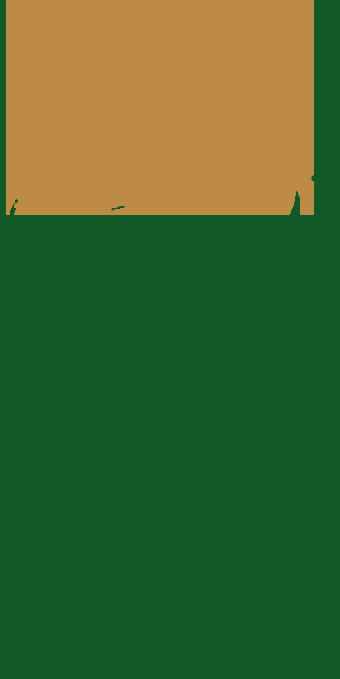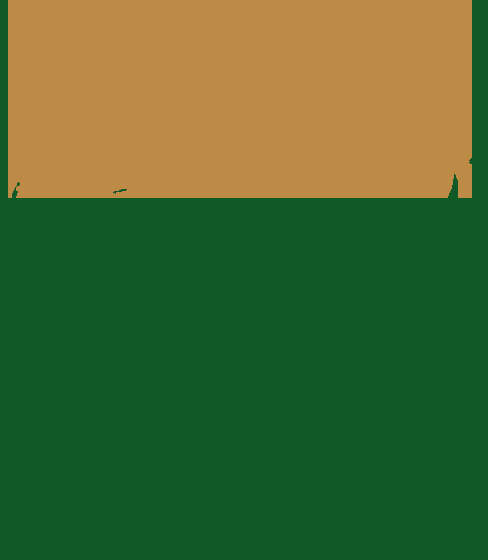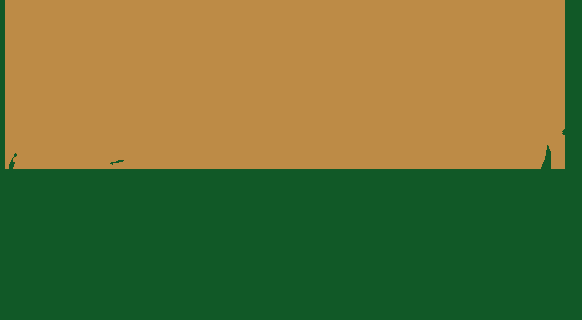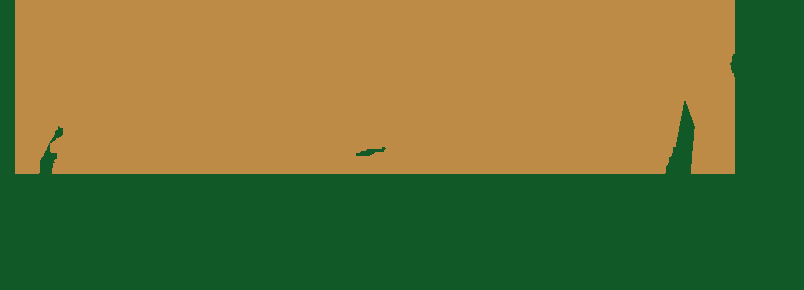Crayfish
Crayfish Control
Crayfish are arthropods that resemble a small lobster. They spend much of their time in the water, but also spend time "on land" in burrows made up of water filled tunnels. Some tunnels will have rooms on the side or at the end of the tunnels. Crayfish are food for other animals and they consume both dead or alive plant and animal food.
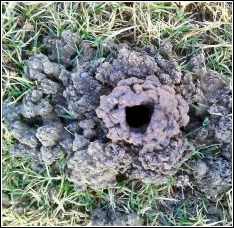
Crawdads can become a nuisance when their burrows start to multiply or encroach into your yard. Crayfish burrows can also attract rodents and wildlife that may go after the crawdad and dig up your yard in the process.
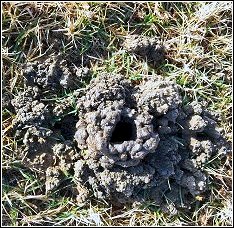
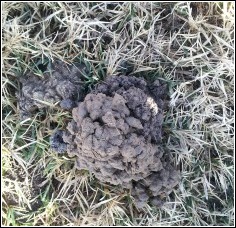
Crayfish Holes
Crawdad burrows consist of tunnels filled with water, these tunnels can be as long as 3' deep and must stay very moist. To ensure a moist environment, crawdads usually dig the tunnel deep enough to reach the water table. Connecting to the water table leaves enough water in the burrow for the crawdad to breath through its gills. When crawdads dig tunnels they create what looks like a "chimney" of mud around it.
Homeowners unfamiliar with crawdad holes may wonder what they've stumbled upon and panic a bit thinking it belongs to a rat or a snake. If the hole you are wondering about has a chimney of mud piled high around the opening, it is most likely a crawdad hole. It is important to note that snakes have been known to temporarily utilize crawdad burrows, so you might want to think twice before sticking your fingers or hand into one.
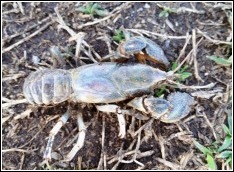
Crawdads As A Nuisance
The problem with crawdads is mainly visual, they can become a problem when burrows start to become numerous, destroying grass, and leading to hard, dried out chimneys that can leave your lawn looking horrible.
Getting Rid Of Crayfish
Crayfish do not necessarily harm anything other than your lawn. By default, poisoning is not advised because they are in that particular area due to the high moisture level of the dirt. The best way to get rid of crayfish in your lawn is to adjust your watering schedule or improve the drainage and use a rake to remove their clump of dirt.
1242 SW Pine Island Rd., Suite 310
Cape Coral, Florida 33991-2126
help@totalwildlifecontrol.com








